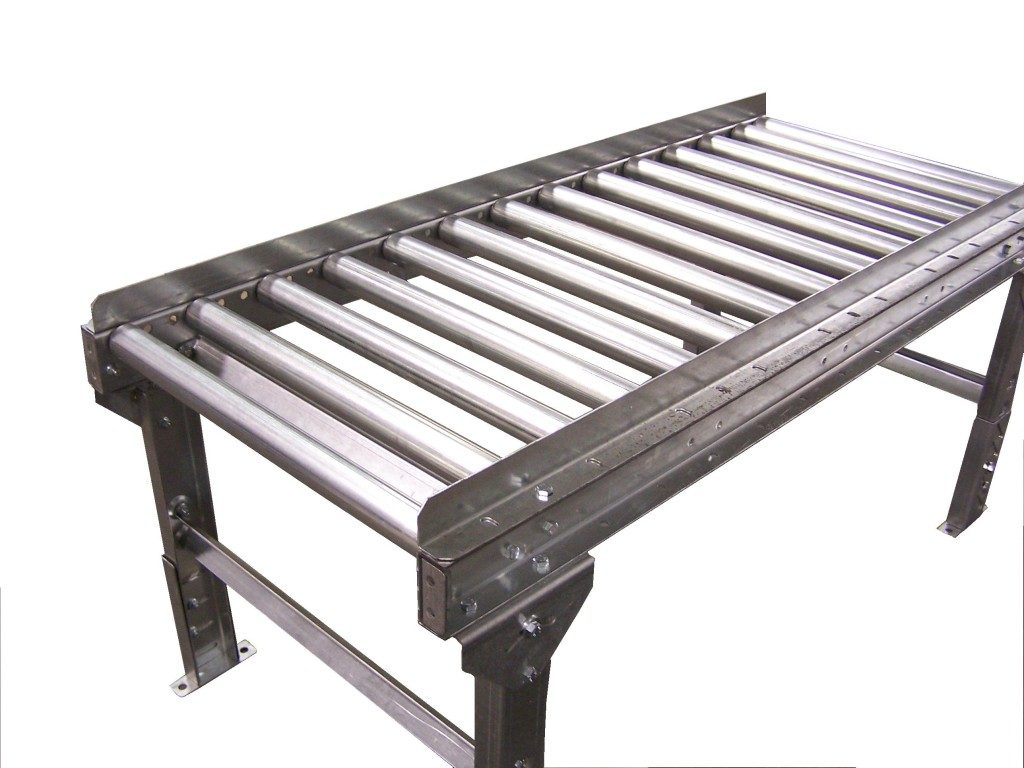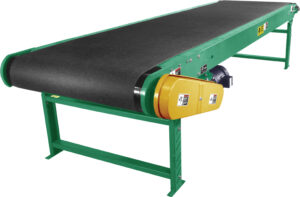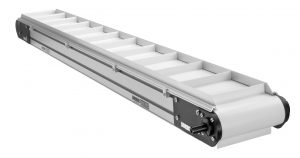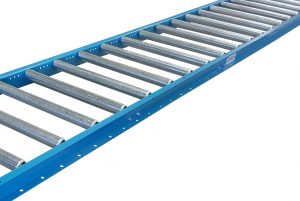Why Plastic Conveyor Rollers Above Rubber?

Conveyor rollers are an important part of conveyor systems in a wide array of storage facilities, circulation centres, manufacturing facilities, print works, and basically anywhere that has to transfer items from one location to the following simply as well as quickly.
www.conveyorrollers.co.uk is definitely a site that is loaded with lots of up to date info about conveyor belt rollers.
Conventional conveyor rollers have a rubber outer that helps with grasp and also helps to transport things such as boxes, pet crates, and parcels without the need for human or mechanical support. Nevertheless, in some circumstances, smoother plastic rollers are chosen.
Why would that be the case? Definitely the rubber-coated rollers are more effective at relocating products from A to B, so why would you use a metal that is inherently smooth and slippery? In this post we look at why, in some conveyor systems, plastic rollers are liked over their even more common rubber relatives. Allow’s start:
Food Industry Conveyor Rollers
Plastic conveyor rollers are often used in manufacturing facilities where food is being moved, as well as the factor is obvious when you consider it. Cooking centres should be spotlessly clean and also the old rubber rollers just existing way too much of a health and wellness danger thanks to their capacity to hang on to any kind of impurities that could enter contact with them.
Plastic rollers on the other hand are less likely to come to be en-grained with foreign bodies as well as they can be cleansed much simpler compared to the rubber rollers found elsewhere. Actually, plastic roller systems can be hosed down and on-line in a matter of minutes– vitally important in huge warehouses with a consistent 24-hour operation in position.
Conveyor Rollers In Wet Locations
Another use for plastic rollers remains in locations that are frequently subjected to water. Places such as bottling manufacturing facilities where the bottles are washed and afterwards
transported along a production line might make use of the non-porous nature of plastic conveyor rollers.
Conveyor Rollers In Damp Problems
Similar to the wet areas, damp problems as well could negatively affect rubber conveyor rollers, triggering them to swell and head out of form over a time period. Specific manufacturing facilities call for moisture degrees to remain consistent and in such problems, plastic conveyor rollers will certainly far surpass their rubber equivalents, making them the much more affordable option for the factory owner.
As you could see, plastic conveyor rollers have several uses in a range of circumstances. While they might not be as commonplace as rubber rollers, plastic rollers definitely have a roll (pun planned) to play in a number of different industries and scenarios.









